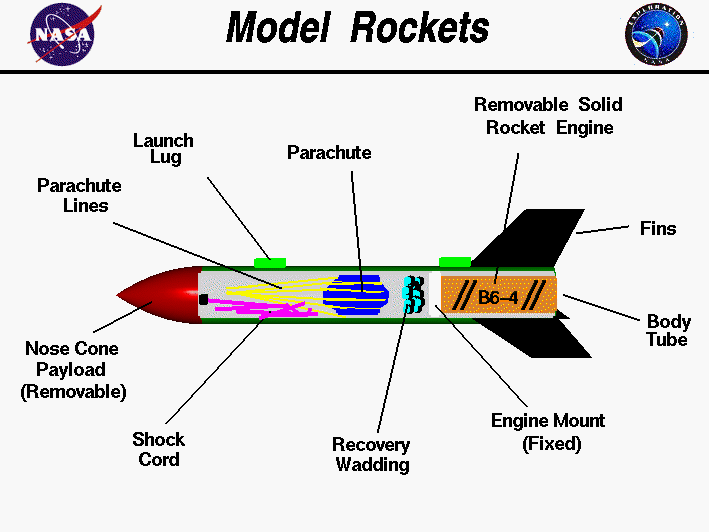
As the end of the school year approaches, we, as teachers, have a lot of things to deal with. I can only speak about high school, but I'm sure the middle and lower grades have similar issues.
At the high schools we first have the issue of AP Exams at the beginning of May. Once the exams are done, many AP Students feel that they are done for the year. As an AP Physics teacher, I keep them engaged and learning for the rest of the year with fun projects. They start with a
web quest about rockets and then build and launch their own model rockets. They love it! Then, they do a web quest on aerodynamics and then design, build, and fly their own gliders. They learn some great physics topics while having a lot of fun.
The next issue we run into is prom season. Prom's and Ring Dances equal early dismissals on those days for the students attending (need to do hair, makeup, tux, limo, etc.). On these days, I do fun learning activities with the students that are here. The activities are web based, which they enjoy. But this also means that I can have the absentee students make up the assignment on their own later.
I teach 90% seniors. Senior skip day is another day where I have some students and I do the same thing as the prom day.
Then the inevitable end of the year assemblies, parties, and events start interfering with class time. I have learned to finish the majority of the material by AP Testing time so that I'm not pulling out my hair with all the interruptions to class time at the end of May and beginning of June.
My class plan for May and June is all projects. In this way, class interruptions and absences don't really affect the class. Students can work on the projects on their own when they miss class, and the rest of the students are engaged. They very quickly get senioritis and can not, and will not, sit for very long. Group projects keep them learning and engaged while allowing them the socialization and change in pace that they all want.
Another nice part of projects is the fact that they give the teacher more time to mingle with the students during the day and really get a feel for how the class went and how much the students have learned. It is also easier than correcting problem sets or essays!
I use web quests, videos from Discovery Streaming, and projects to keep my students learning during a time of distraction. Think of projects related to your curriculum that would be great to do at the end of the year and use that instead of lectures, problem sets, or standard labs.
The rockets project is my favorite and my students favorite. The web quest incorporates
elements from
NASA's web site. The students are applying multiple areas of physics during this project: energy, chemical reactions, fluid dynamics, forces, Newton's Laws, and more. They get to work in a group and do something hands-on and creative (they get to decorate the rockets any way they want and they are also able to do different fin designs). The best part is launch day. The students get to go outside and launch rockets. I handle the actual launching so that I can ensure safety, but the students love the countdown and watching the launch. They also have to chase down rockets that drift in the wind. Who wouldn't want to be outside launching rockets on a beautiful Spring day?
Rockets resources:
I also use a music video to get them inspired for the rockets project - "Countdown" by Rush. The video is on YouTube and you can find the lyrics on line on a variety of web sites.
The song was written after the band attended a Shuttle launch in the 80's. The song and video are very powerful and really show the excitement and achievement of the space program.
Many of the science teachers in my school also use projects at the end of the school year and do many of them outside. Next year, we are thinking of doing a science field day outside in May, and have a cookout for lunch. I am working on some ideas for projects now. For physics, I was thinking of the rockets, catapults, bridges, mousetrap cars, and boats.
The end of the school year has many distractions for students and teachers need to be creative in how they keep students learning and engaged during this crazy time.

 +
+


.jpg)

